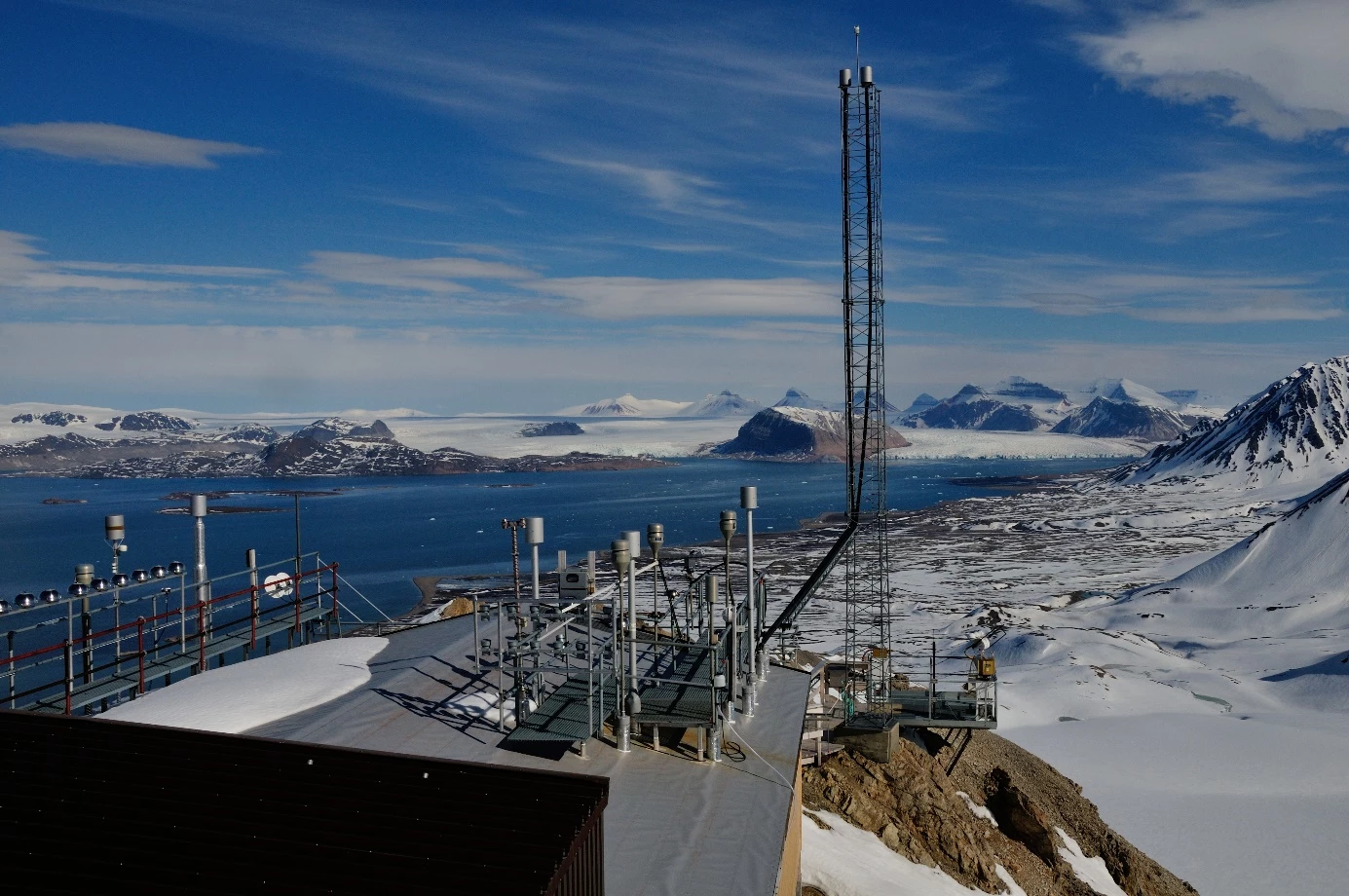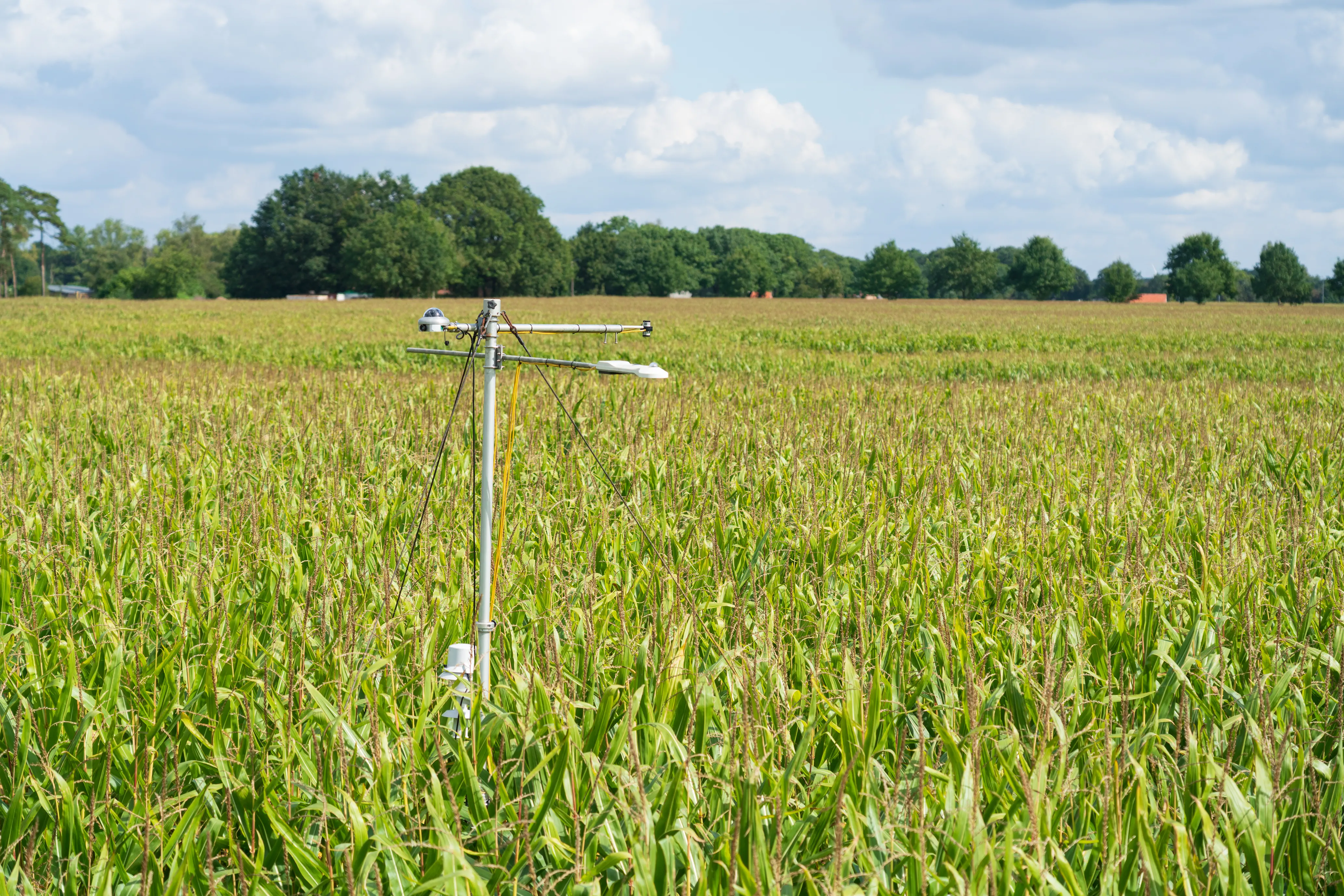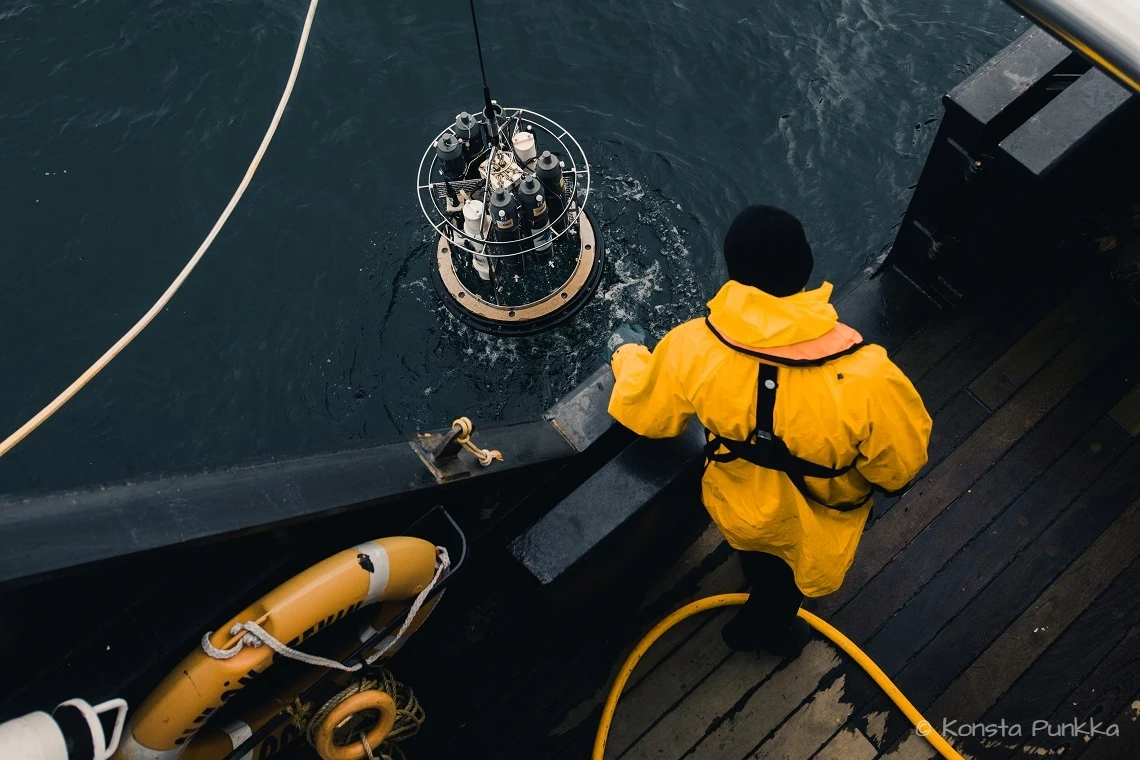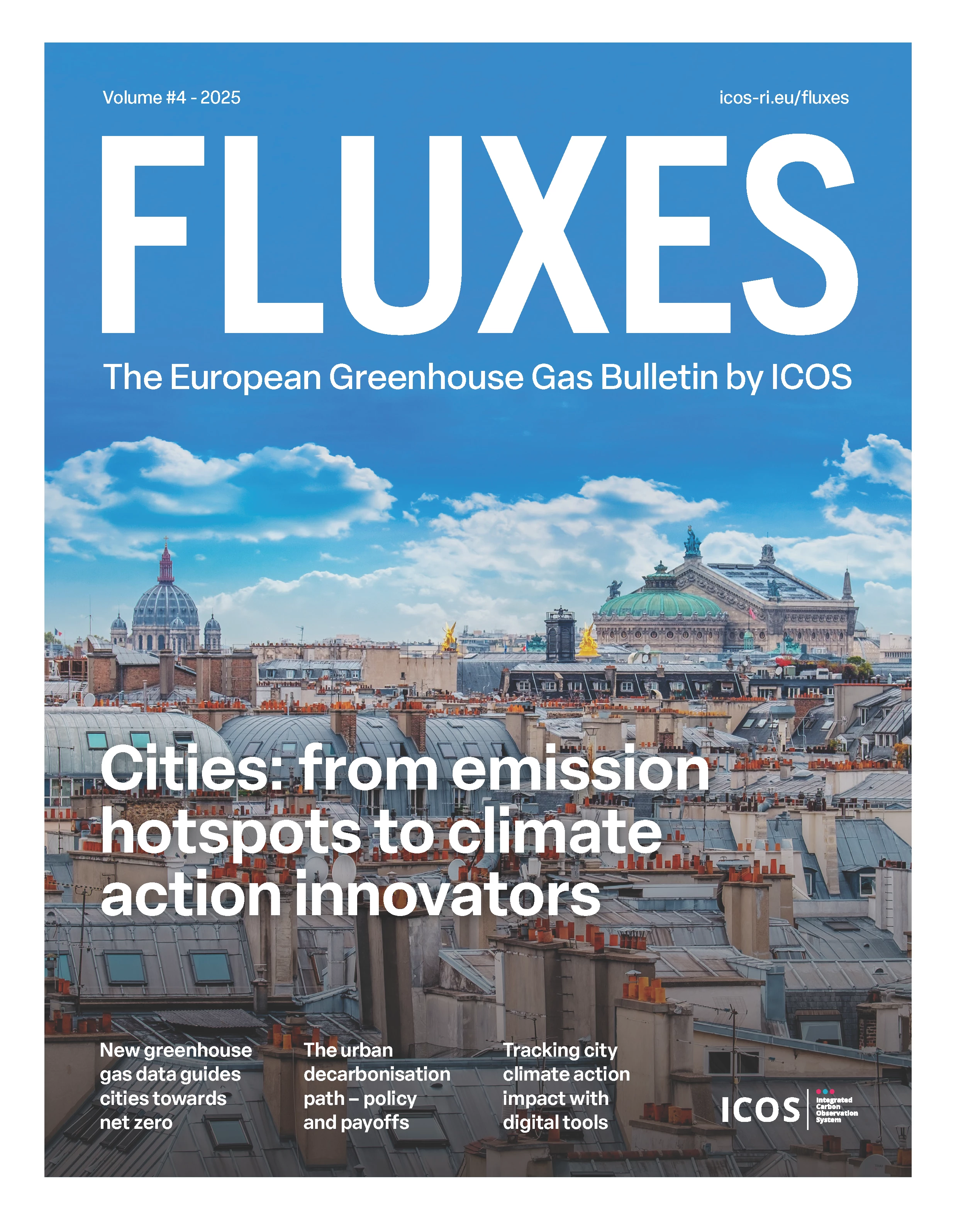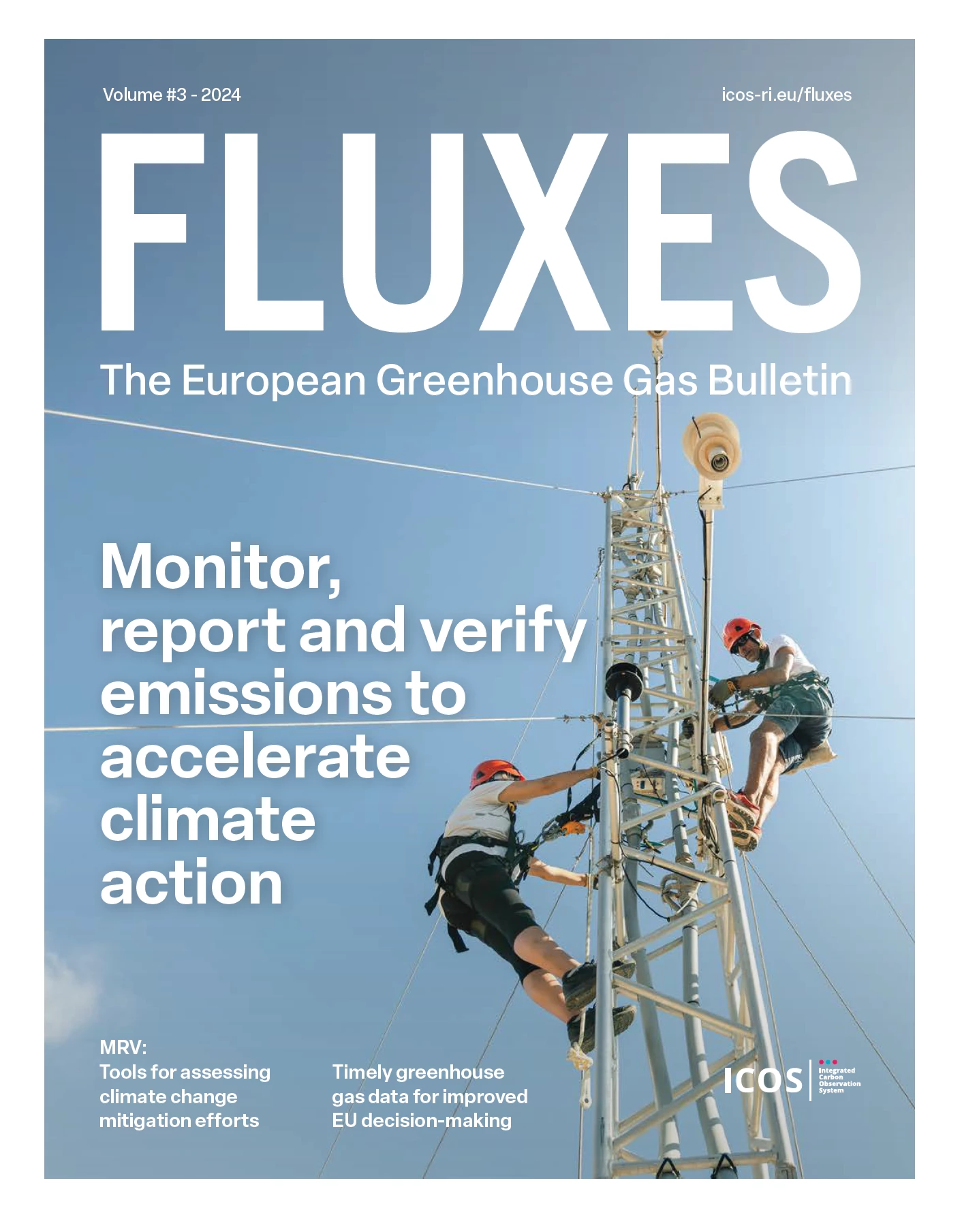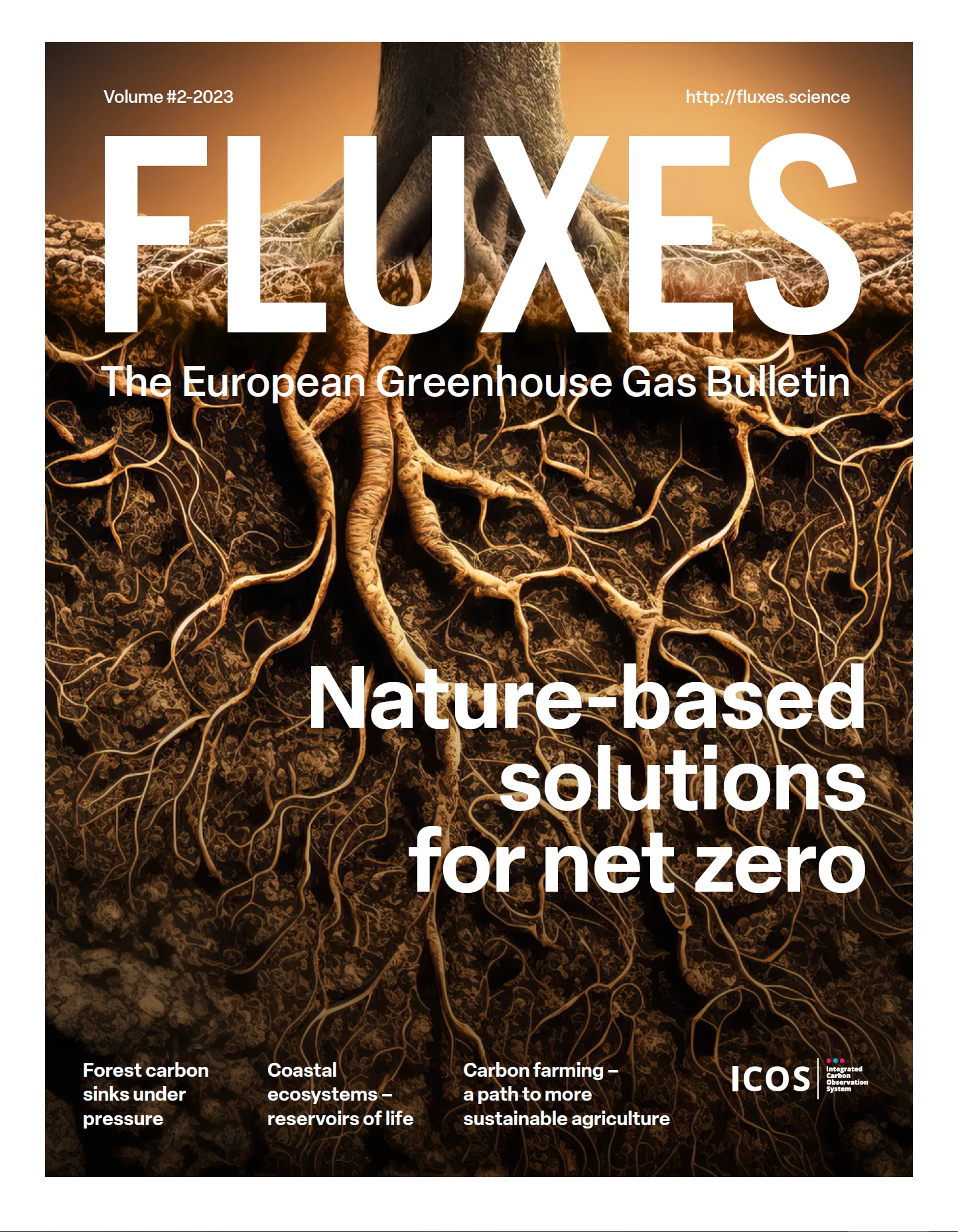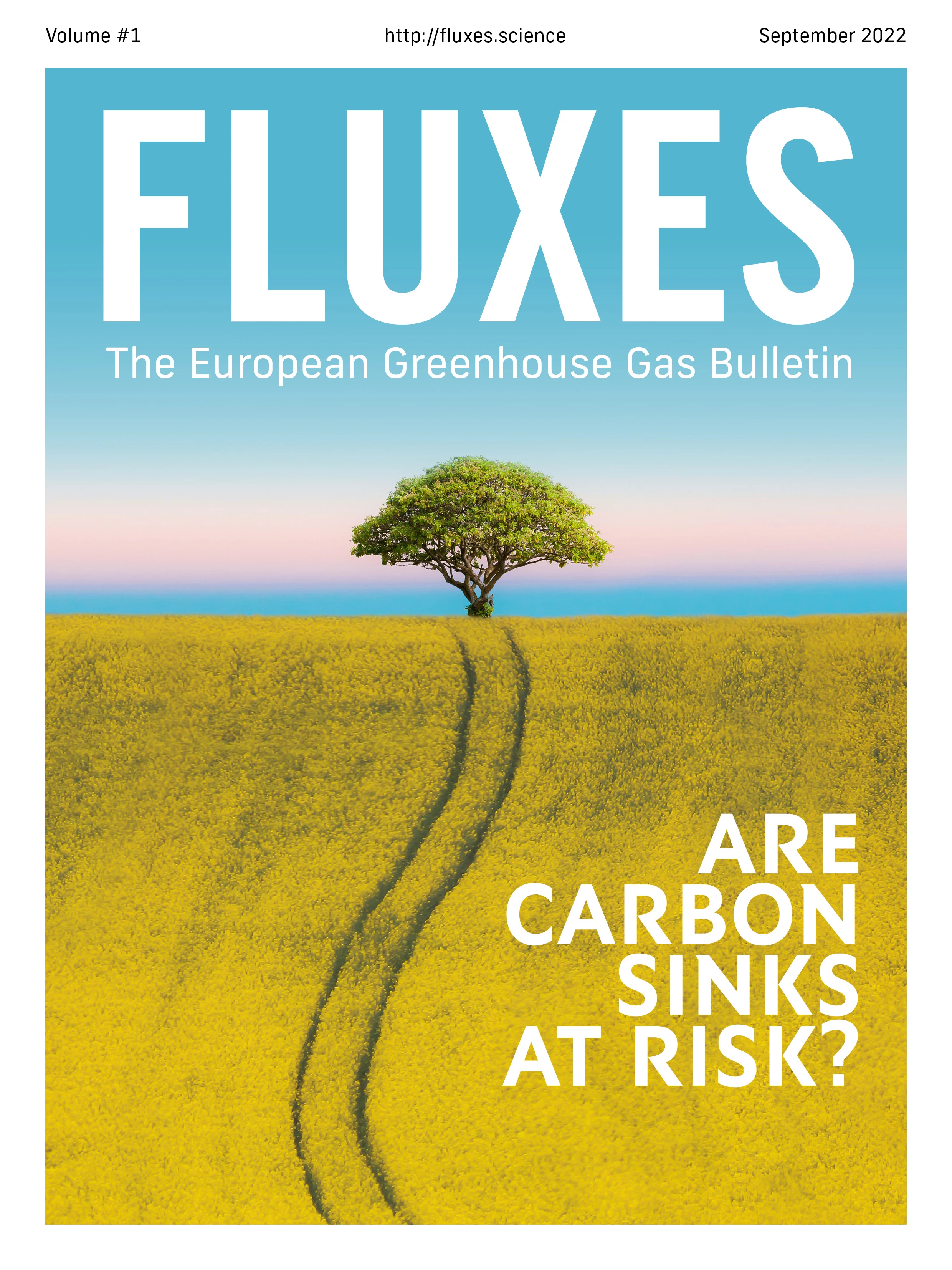What is ICOS
The Integrated Carbon Observation System, or ICOS, provides standardised and open data from more than 170 measurement stations across 16 European countries. ICOS stations observe greenhouse gas concentrations in the atmosphere as well as carbon fluxes between the atmosphere, the land surface and the oceans. The mission of ICOS is two-fold:
You can read more on the ICOS Research Infrastructure via the European ICOS website
This new 2 minute video explains the purpose of ICOS:
This 4 minute video explains why and how we measure greenhouse gasses in ICOS:
STRUCTURE
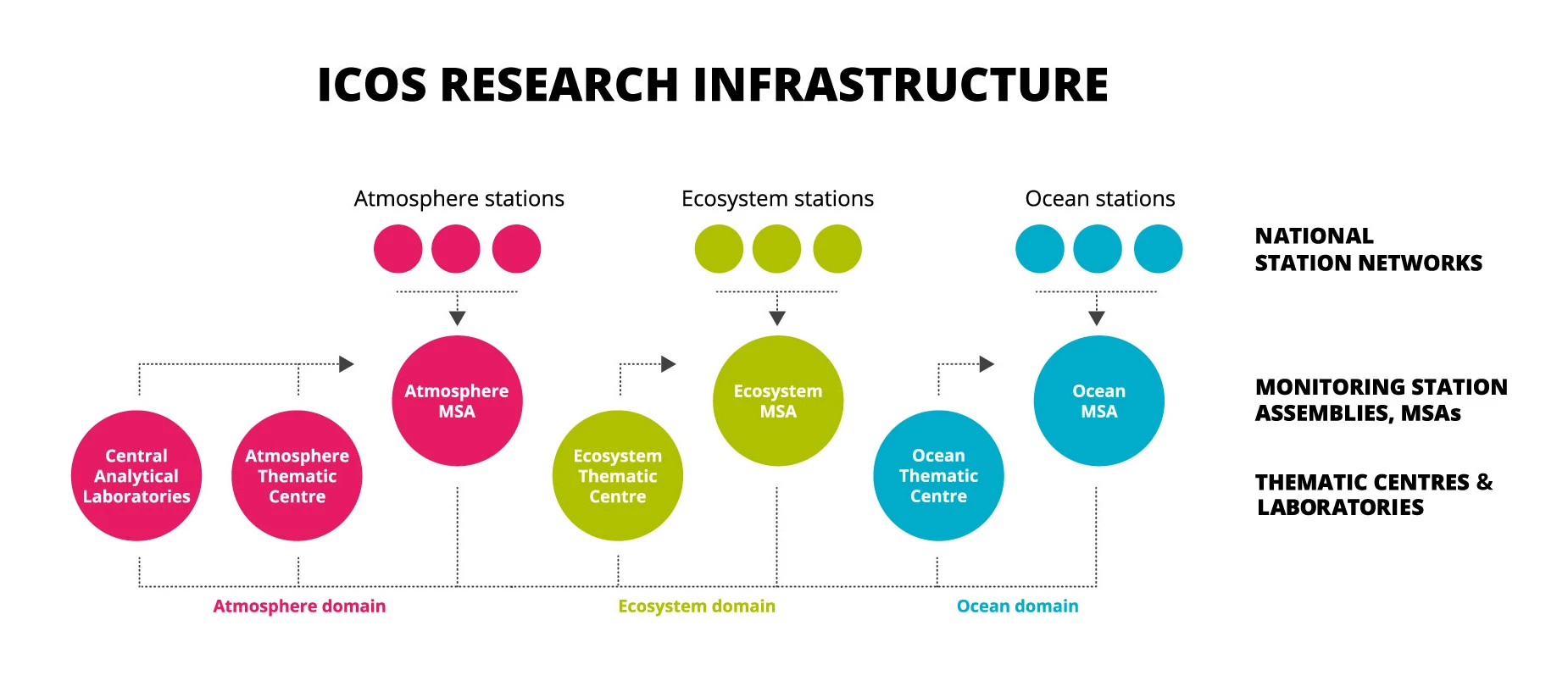
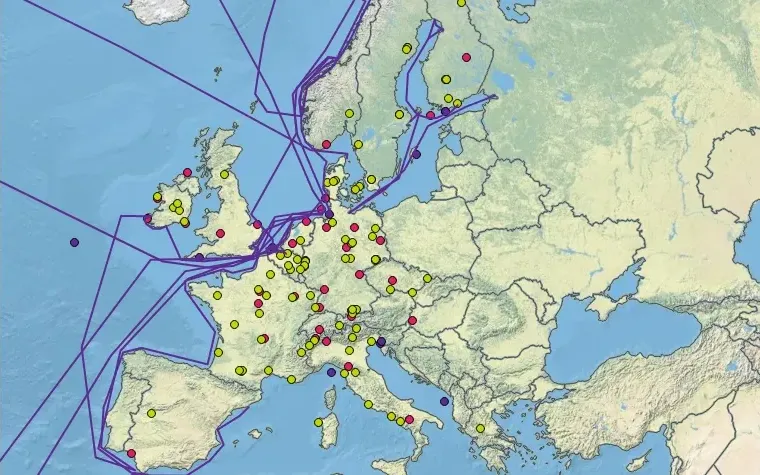
The ICOS stations are coordinated by the ICOS National Networks in each of the 16 member countries. All stations in the National Networks operate in three distinct domains: Atmosphere, Ecosystem and Ocean. Within each domain, a Thematic Centre coordinates the observations and supports the stations. The Carbon Portal is in charge of collecting and distributing all ICOS data and derived products.
FLUXES – The European Greenhouse Gas Bulletin
FLUXES, the European Greenhouse Gas Bulletin, is a yearly publication by ICOS, which aims at highlighting climate issues to an audience of policymakers, policy advisors, and climate journalists.
Edition 2025: Cities: from emission hotspots to climate action innovators
This volume of FLUXES focuses on greenhouse gas emissions in cities. The topics are the following:
- New emissions data guides cities towards zero carbon
- Decarbonising cities: transport, buildings and nature
- Tracking city climate action impact with digital tools
Access FLUXES Vol. 4 HERE
Edition 2024: MRV: A critical tool for tracking emissions and accelerating climate action
We need to drastically reduce our greenhouse gas emissions to avoid the worst impacts of climate change. The latest issue of FLUXES, the European Greenhouse Gas Bulletin, by ICOS – sheds light on an essential tool to help decision-makers assess progress towards a net zero world: science-based Monitoring, Reporting and Verification (MRV) systems.
Access FLUXES Vol. 3 HERE
Edition 2023: Nature-based solutions for net zero
This issue of FLUXES addresses the potential and limitations of nature-based solutions for carbon removal from a scientific perspective: What can be measured? Which conclusions can be drawn? Which solutions seem adequate?
Access FLUXES Vol. 2 HERE
Edition 2022: Are carbon sinks at risk?
The first volume of FLUXES focuses on regional and year-over-year changes in carbon sinks in Europe. These changing sinks highlight the need to reduce emissions further in order to reach carbon neutrality targets.
Access FLUXES Vol. 1 HERE


